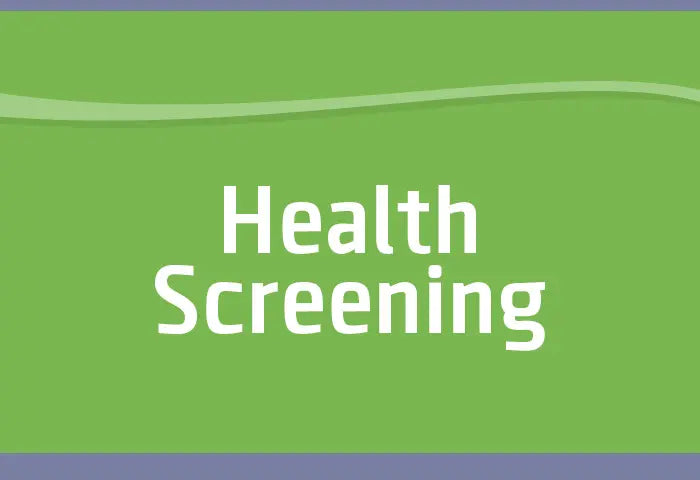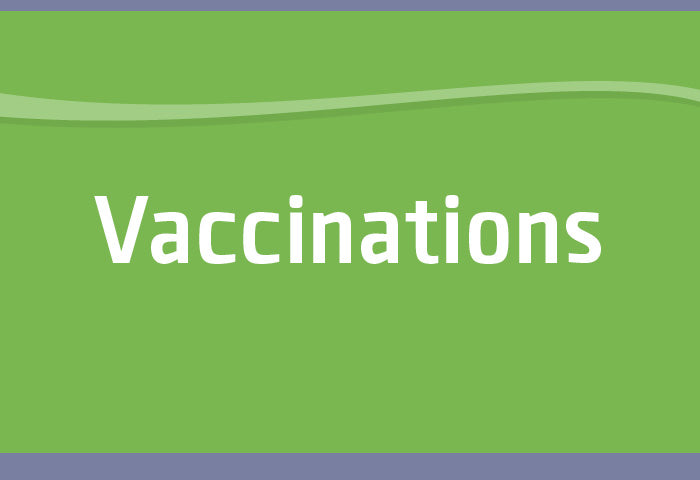Child Flu Vaccination Age 2 to 17
Why children should get the flu vaccine
The flu vaccine helps to protect children against flu. Most children who get the flu have mild symptoms but children and young people with chronic health conditions are at risk of serious complications from flu.
In some children, flu can lead to serious problems such as:
- pneumonia
- bronchitis
- inflammation of the brain (encephalitis)
Children with these complications may need hospital treatment. Some may need intensive care.
In the last 10 years in Ireland, almost 5,000 children were admitted to hospital with complications of flu. Almost 200 children had treatment in intensive care and 40 children died. Children can catch and spread flu easily. The children's flu vaccine can help to prevent the spread of flu in schools and at home. This keeps everyone safe.
Type of vaccine for children
Children will get a nasal spray vaccine. It's called the live attenuated influenza vaccine (LAIV) nasal spray vaccine.
This flu vaccine is approved for children aged 2 to 17 years.
If your child has been told they cannot have the nasal flu vaccine, you can talk to the pharmacist about them getting the vaccine as an injection.
If your child is under 2 years and at risk of complications from flu, they can get a different type of flu vaccine by injection instead of the nasal spray.
How the nasal flu vaccine is given
The vaccine is given as a spray in each nostril. It is not painful and is absorbed quickly.
If your child sneezes or blows their nose after vaccination, the vaccine dose does not need to be repeated.
It takes 2 weeks for the vaccine to work.
Who should not get the nasal flu vaccine
Safety
All vaccines are tested to make sure they will not harm you or your child.
The nasal flu vaccine is very safe and has been given to millions of children around the world.
It has been given to children in:
- the US since 2003
- the UK since 2013
- Ireland since 2020
It's safe for children to get the nasal flu vaccine at the same time, before, or after any of the vaccines that may be offered to them. This includes their school vaccines or COVID-19 vaccines.
When to delay flu vaccine
Delay your child's flu vaccine if they:
- are unwell and have a high temperature - wait until they feel better
- have a very blocked or runny nose - wait until their nose is clear
Side effects
Your child might have some mild side effects after their vaccine. Some of the side effects can be similar to flu. But they will not get the flu from the nasal flu vaccine.
Serious side effects such as a severe allergic reaction are rare.
The most common side effects are mild and include:
- headache
- runny or blocked nose
- muscle aches
- tiredness
- loss of appetite
Some children get a fever (high temperature) after the vaccine. It is usually mild and goes away on its own.
If your child has a headache, you can give them paracetamol or ibuprofen. These side effects should go away in a day or 2.
Important
Never give your child aspirin or any medicines that contain aspirin unless your GP prescribes them. This is especially important in the 4 weeks after getting the flu vaccine.
In very rare cases, Guillain-Barré syndrome (GBS) has been reported. GBS is a condition that affects the nerves in the body. It causes nerve inflammation and can cause pain, numbness, muscle weakness and difficulty walking. The risk of GBS after having the flu is greater than after getting the flu vaccine.
Immunity
Generally, flu vaccines reduce the risk of infection by 40% to 60%.
But even if your child gets the vaccine, they could still get the flu. This is because the vaccine does not protect against 100% of infections.
If your child does not get the flu vaccine, they should take extra care to protect themselves from flu.
Protect your child from flu
As well as getting the vaccine, protect your child from flu by making sure they:
- wash their hands properly and often with soap and water or alcohol hand sanitiser
- cover coughs or sneezes with a tissue or their sleeve
- put used tissues into a bin
Flu vaccine and COVID-19
The nasal spray flu vaccine does not protect your child from COVID-19.
Children can get the COVID-19 vaccine at the same time as the flu vaccine.
FAQs
How the flu vaccine works
The flu vaccine helps your immune system to produce antibodies (proteins that fight infection). If you have had the flu vaccine and you come into contact with the flu virus, the vaccine can stop you from getting sick
The flu vaccine starts to work within 2 weeks.
You need to have the flu vaccine every year. This is because the antibodies that protect you decline over time. Flu strains can also change from year to year
How do I know if I am at high risk to contract the flu?
Some people are more at risk of getting complications if they catch flu.
You can get the flu vaccine for free if you:
- are 60 years of age and over
- are pregnant
- are a child aged 2 to 17 years
- are an adult or child aged 6 months or older with a long-term health condition like:
- chronic heart disease, including acute coronary syndrome
- chronic liver disease
- chronic renal failure
- chronic respiratory disease, including chronic obstructive pulmonary disease (COPD), cystic fibrosis, moderate or severe asthma or bronchopulmonary dysplasia
- chronic neurological disease including multiple sclerosis, hereditary and degenerative disorders of the central nervous system
- diabetes mellitus
- haemoglobinopathies
- morbid obesity i.e., body mass index (BMI) over 40
- immunosuppression due to disease or treatment (including treatment for cancer)
- are a child with a moderate to severe neurodevelopmental disorder such as cerebral palsy
- were born with Down syndrome
- live in a nursing home or other long-term care facility
Some people should get the vaccine to protect themselves, their families and those they care for.
These include those who:
- work in healthcare
- only household contacts or carers of people who have an underlying chronic health condition or have Down syndrome are eligible to receive an influenza vaccine. A carer is described as someone who is providing an ongoing significant level of care to a person who is in need of care in the home due to illness or disability or frailty e.g., those in receipt of a carer's allowance.
- household contacts of people aged 60 years and older (who do not also have a chronic health condition), pregnant women, children aged 2-17 years or of healthcare workers or carers are not recommended the influenza vaccine.
- People who are in regular contact with pigs, poultry or waterfowl should get the flu vaccine.
Is the Flu Vaccine safe?
Getting the flu vaccine is the best way to help protect yourself from getting the flu.
It will not stop all flu viruses and the level of protection may vary. So, it's not a 100% effective and you may still get flu.
But if you do get flu after you have the vaccine, it's likely to be milder and you will recover more quickly.
Flu vaccines usually reduce the risk of infection by 40-60%.
Flu vaccines also reduce:
- the severity of illness
- complications from influenza
- flu-related hospitalisations
- admissions to critical care units
Flu vaccines have been given to millions of people worldwide for over 60 years, including pregnant women. Reactions to the vaccine are generally mild.
Are there side effects?
The most common side effects are mild and include soreness, redness or swelling where the injection was given. Headache, fever, aches, drowsiness, and tiredness may occur. You may have mild sweating and shivering as your immune system responds to the vaccine. This is not flu and will pass in a day or so.
Serious side effects such as a severe allergic reaction are rare.
In very rare cases Guillain-Barré syndrome (GBS) has been reported (Guillain-Barré Syndrome is a condition that affects the nerves in the body. It causes nerve inflammation and can result in pain, numbness, muscle weakness and difficulty walking). However, the risk of GBS following flu is significantly greater than that following the flu vaccine.
If I am not in a high-risk category, can I still get the flu vaccine?
- Yes, however, there will be a charge for this service.
How much does the flu vaccine cost?
- The flu vaccine will be provided for Free to children aged 2-17 years, adults aged over 60, or adults who fall into an at-risk category. If you don’t fall into one of these categories, the cost is €35.
How do I book my flu vaccine appointment?
Visit our website or download the McCabes App to book your vaccine with your chosen store. Once you make your booking you will receive a booking confirmation via e-mail and text.






